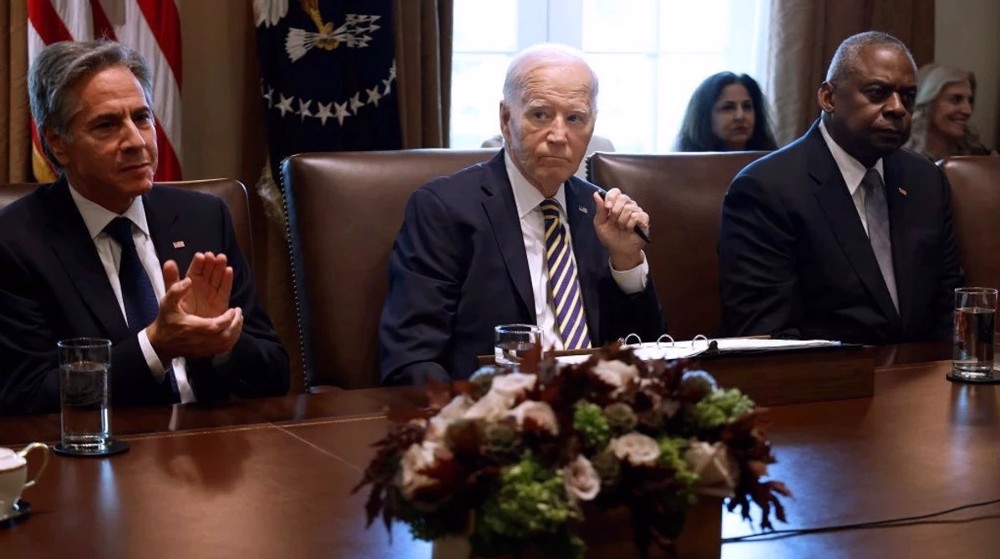Trump asked Sessions about possibility of dropping charges against Arpaio
US President Donald Trump had, in spring, asked Attorney General Jeff Sessions about the possibility of dropping a criminal case against former Arizona county sheriff Joseph Arpaio, who is a close ally of the Republican president, a report says.
The report by The Washington Post comes after Trump on Friday pardoned sheriff Arpaio, who was found guilty in July on criminal contempt charges pertaining to his refusal to stop detaining suspected illegal immigrants from Central America.
According to three people with knowledge of the conversation, Sessions had told the president that it would be inappropriate to drop the charges, leading to Trump letting the case go to trial so that he could grant clemency if Arpaio was convicted.
Trump waited for the trial, but, at the same time, he was planning to issue a pardon if Arpaio was convicted over various types of misconduct, including abuse of power, failure to investigate sex crimes, misuse of funds, improper clearance of cases and election law violations, the paper reported Saturday.
“We knew the president wanted to do this for some time now and had worked to prepare for whenever the moment may come,” said one White House official who spoke on the condition of anonymity. Trump was “gung-ho about it.”

In response to questions about Trump’s conversation with Sessions, White House press secretary Sarah Huckabee Sanders said, “It’s only natural the president would have a discussion with administration lawyers about legal matters. This case would be no different.”
Read more:
Former president Barack Obama’s communications director Dan Pfeiffer slammed Trump for making such a request to Sessions, saying, “this could get him impeached.”
Asking the Attorney General to drop a case against a political ally is the kind of thing people get impeached for https://t.co/iUC1no2YHx
— Dan Pfeiffer (@danpfeiffer) August 27, 2017
Trump, who issued a pardon without consulting the Justice Department, was harshly criticized by some fellow Republicans.
The Republican speaker of the House of Representatives, Paul Ryan, said Saturday that Trump should not have pardoned Arpaio.
"Law-enforcement officials have a special responsibility to respect the rights of everyone in the United States. We should not allow anyone to believe that responsibility is diminished by this pardon," Ryan said.
According to Ryan’s spokesman, Doug Andres, "The speaker does not agree with the decision."
Among critics of the decision were some other prominent Republican figures, including Arizona Senator John McCain and former Florida Governor Jeb Bush, who have both criticized Trump.

Palestinian authorities decry Trump’s ‘colonialist’ video on Gaza

Biden, Blinken, Austin referred to ICC over Gaza war crimes

US official vows to imprison pro-Palestine protesters for years
‘End to violence’: Iran welcomes PKK leader’s call for group to drop weapons, disband
Over 120 Hezbollah fighters martyred in Israeli invasion laid to rest in south Lebanon
Iranian U-27 skiers scoop one gold, three bronze medals in China’s Alpine
Rights group: Palestinians ‘endure shocking atrocities’ in Israeli jails
Schools destroyed: 100,000 Gaza students enroll for new academic year
South Africa, Malaysia, Colombia to block ships carrying arms for Israel
Trump extends Russia sanctions ahead of meeting with Zelensky
Minister: ‘Imported elements' seeking to create chaos in southeast Iran







 This makes it easy to access the Press TV website
This makes it easy to access the Press TV website